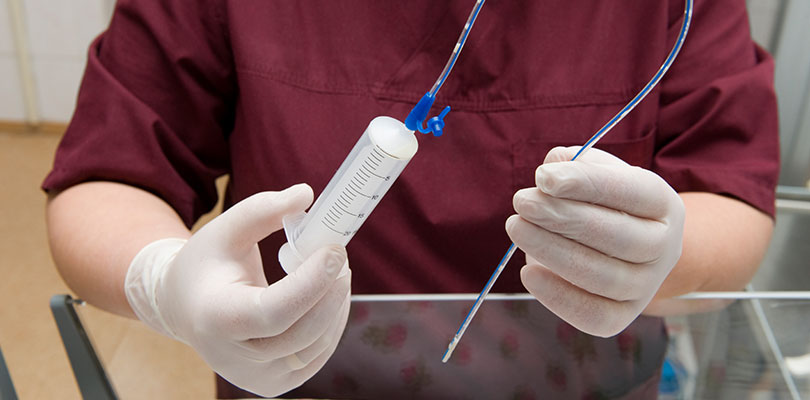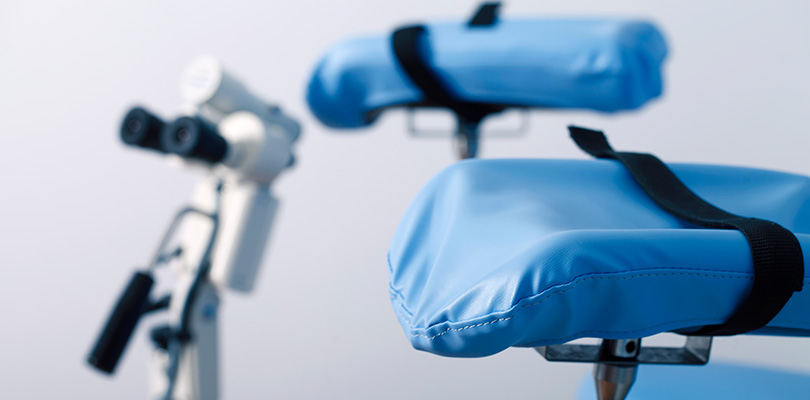
Photo Credit: zilli / iStockPhoto.com
5. Feeding Tube (K-E) Diet
Ketogenic Enteral (K-E) Nutrition was a concept conceived in Europe by an Italian surgeon. An American doctor then brought the diet to the U.S. in 2011. The diet involves inserting a feeding tube through the nose and down the back of the mouth through to the stomach.
The tube is then connected to an electric pump, which delivers K-E diet powder slurry down the tube non-stop throughout the day. The person must carry the pump and fluid with them and can only remove the pump for one hour every day.
The person never feels hungry because the stomach is never empty and there are no carbohydrates. The slurry contains only protein, fats, and micronutrients, mixed with water. Only 800 calories are delivered per day.
The diet works on the idea that moderate calorie restriction causes the breakdown of fats (ketosis) but it is not restricted enough to cause breakdown of muscle.
This diet must be undertaken only under doctor’s supervision. If inserted wrongly, the feeding tube can damage the nasal passages.
The biggest danger is that the tube gets inserted or dislodged down the wrong passageway. As well as causing choking, if food gets into the windpipe it can cause a very dangerous pneumonia.
Also, the K-E slurry is not a balanced diet. Side effects include bad breath, lack of energy, dizziness, and constipation. Many have to take laxatives to counteract constipation caused by the diet. This is not a diet worth trying.
There are plenty of reasons and rationalizations that keep people from going to the doctor, but there are just as many reasons to break that bad habit.





